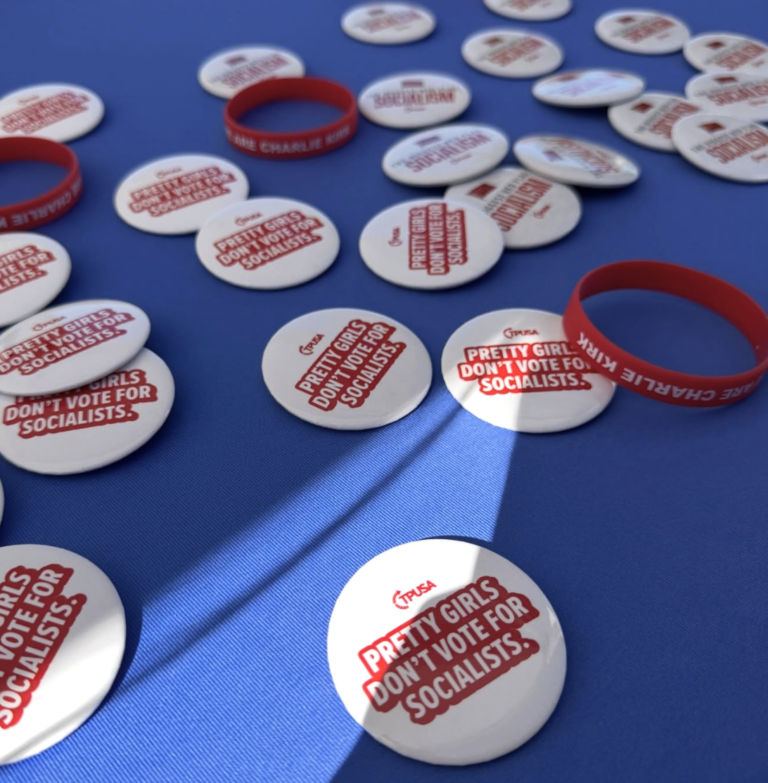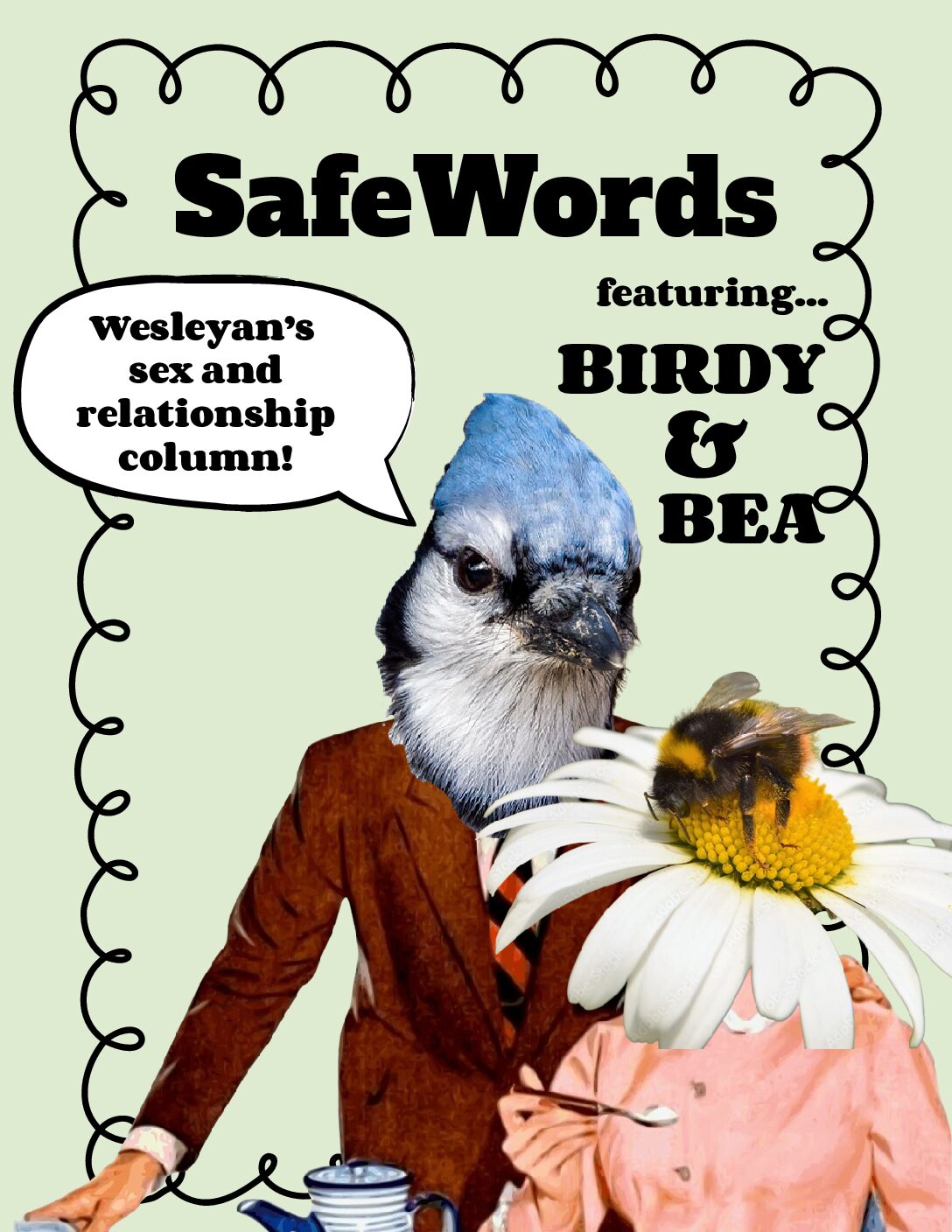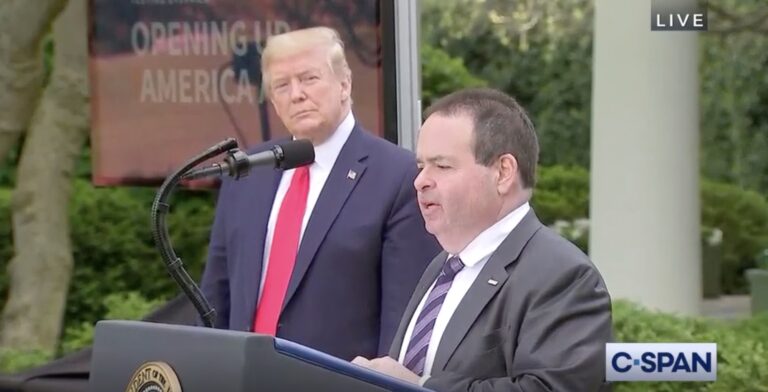Vote Seriously, Thoughtfully, and Cautiously
I am allowed to vote in this November’s election thanks to a thirty-nine year-old Constitutional Amendment. I am still not sure who I will vote for, but I do know that I plan to cast my vote with the seriousness that it deserves.
What does it mean to take a vote seriously? It means using the vote for what it is, without overestimating or underestimating its power. It means considering different alternatives to the Democratic and Republican platforms, such as the Working Families Party’s cross-endorsement strategy and the Green Party’s riskier but grander strategy. It means appreciating the opportunity to play a part, however small, in creating a more democratic society.
There is a danger in overestimating the power of the vote, in neglecting to mobilize after the election. For instance, my grandfather boasts, “I voted for Kennedy” with great pride, as if this vote makes him responsible for all of the administration’s accomplishments. If other people hadn’t followed through with activism after the election who knows what might have happened? To think that a vote, or even 62,040,610 votes, can create the reform we need is delusional.
There is also a danger in underestimating the vote. A friend of mine this year didn’t bother to register. It would have taken him five minutes to fill out a registration form at the WSA office and ten minutes on Election Day to walk to the Senior Center and vote. Fifteen minutes—the beauty of electoral politics is precisely how easy it is. It gives students power, as seen when Democratic gubernatorial candidate Dan Malloy recently told UConn students he will support decriminalizing marijuana, and told some Wesleyan students that the PSEG coal plant is “a disaster…We gotta shut it down.” These are both huge announcements, and he made them because of students.
My housemate thinks that taking a vote seriously means playing defensively, voting for the candidates most likely to fend off a Republican victory. How awful would it be if Linda McMahon, the self-financed multimillionaire Republican candidate, became Connecticut’s next Senator? Or if Tom Foley, the “Pioneer” fundraiser for the Bush 2000 campaign and neoliberal Iraq reconstruction officer, became our next governor? It’s true that according to Nate Silver, a widely revered political analyst, the Republicans only have a one percent chance of winning the Senate race and only an eleven percent chance of winning the gubernatorial race. But shouldn’t we play it safe? “Voting for a third party says to me that you’re not taking seriously the possibility that Republicans can win in Connecticut,” my housemate attested. This is certainly conventional wisdom, and I sometimes think that too few of us take the time to question it.
Jeff Russell, the Green Party candidate for Senate, emailed me with a very different perspective: “In CT, the Green Party traditionally polls far more than our registered membership. I expect that will be the case this year. The more people decide to vote Green, the more the major parties ignore our issues at their own peril.” Russell and other Green voters find it unacceptable that neither major party is advocating an abolition of corporate personhood.
“Many of the most intransigent problems we face are aggravated or caused by the legal fiction that a corporation is a person,” he reasoned. “The Democrats will not do anything to change this. A corporation is an economic tool. By making it a person, the Supreme Court has demoted the rest of us, the real people, to little more than tools.” Electing Green candidates might be years off, but if a merely solid Green turnout could make corporate personhood abolition mainstream, that’s indeed a very serious accomplishment.
If you are torn between casting a safe vote and a “protest” vote, there is in fact a way to do both. The CT Working Families Party, campaigning for good jobs, fair taxes, and paid sick days, cross-endorses the Democratic candidates and runs them on their own ticket. Richard Blumenthal, for instance, appears twice on the ballot, once as a Democrat and once as a Working Families candidate. The votes from both tickets are totaled together. If enough votes come from the WFP, they claim a mandate for their platform. If you look at the election results archive at the Secretary of State’s website, you’ll see that Working Families is making strides in voter turnout to a degree that the Green Party is not. Russell, however, suggests that voting for them would be a waste of our time; the WFP, he contends, “function[s] as little more than a branch” of the Democratic Party.
Today (Tuesday) is the last day to register, and I encourage you to seriously consider taking the fifteen minutes if you haven’t already. Whether you choose to stay home, write-in Giant Joint for Governor, vote your values, or vote against them, just make sure you do so with due intentionality.







Leave a Reply